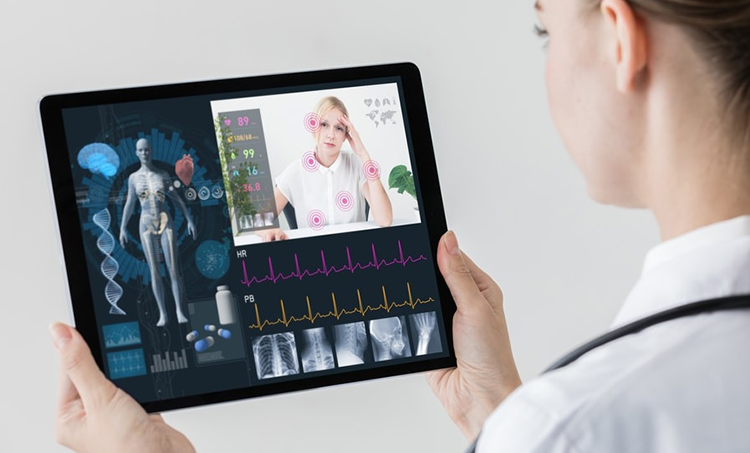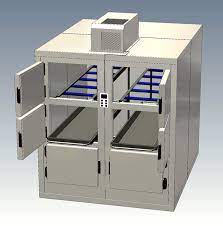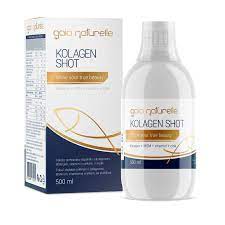
Transforming Healthcare with Remote Monitoring Technology
The realm of medical care is continuously developing with new improvements each and every year. One of many current developments which may have revolutionized medical care is RTM monitoring (RPM). RPM is actually a technological innovation that allows health-related service providers to check and report the position of individuals from the range, lowering the frequency of medical clinic visits. With the greater requirement for good quality health care, RPM is now a necessary tool to further improve individual attention. In this particular article, we will talk about some great benefits of RPM and its impact on the health care industry.
1. Better Individual Outcomes:
Remote patient monitoring improves the individual practical experience through providing fast and correct confirming of their overall health status. It is particularly a good choice for constant sufferers who demand constant tracking. With RPM, the patient info is automatically updated, along with their care prepare is adjusted accordingly. This technology allows healthcare suppliers to recognize any variations in the patient’s issue making treatments that could protect against hospitalization or another vital care.
2. Increased Company Effectiveness:
RPM modern technology delivers medical care companies the cabability to monitor multiple sufferers simultaneously without having to be physically provide along with them. It also allows them to prioritize their people who demand emergency treatment, minimizing hanging around occasions for scheduled appointments. Additionally, health care providers can access overall health information swiftly, activating the necessary treatments, as a result lowering the possibility of getting worse health conditions and dear hospitalizations.
3. Cost-Effective Health-related:
RPM supplies inexpensive medical care by reducing the requirement for hospitalization and e . r . appointments, that are high priced. The technology will allow medical care companies to offer remote control care, which happens to be less expensive, lowering the healthcare charge for people. In addition, remote patient monitoring can eliminate the demand for travel to and from visits for individuals who are living faraway from medical services, which can be far more cost-effective, particularly with older people and impaired populations.
4. Accessible Health-related for All:
Remote patient monitoring improves entry to medical care for outlying and underserved locations, where by health-related establishments are handful of and far among. RPM provides a convenient foundation that sufferers are able to use to discuss their health reputation with healthcare providers, removing the desire to traveling long ranges for check out-ups or consultations. This technologies can also be a good choice for individuals with freedom problems, that have difficulties travelling or attending appointments.
5. Improved Persistent Sickness Management:
Chronic problems including all forms of diabetes, high blood pressure, or heart disease demand substantial health threats that need tracking and management. With remote patient monitoring, health care companies can keep track of improvement with time and find any styles that require treatments. RPM technologies gives people with self-management alternatives that can minimize the regularity of visits on the healthcare provider and boost affected person self-sufficiency.
Simply speaking:
Remote patient monitoring has grown to be a necessary resource in medical care management. The advantages are apparent in improving affected individual outcomes, improving supplier efficiency, cost-effective healthcare, better constant illness control, and offering accessible health care for all. As medical care provider’s accept RPM, much more sufferers will benefit from the enhanced proper care, lowering the health-related fees, and improving patient pleasure. In accordance with the numerous benefits associated with RPM, it really is safe to say that it is the future of medical care, stretching medical care beyond the medical care facilities and into houses and places of work.



